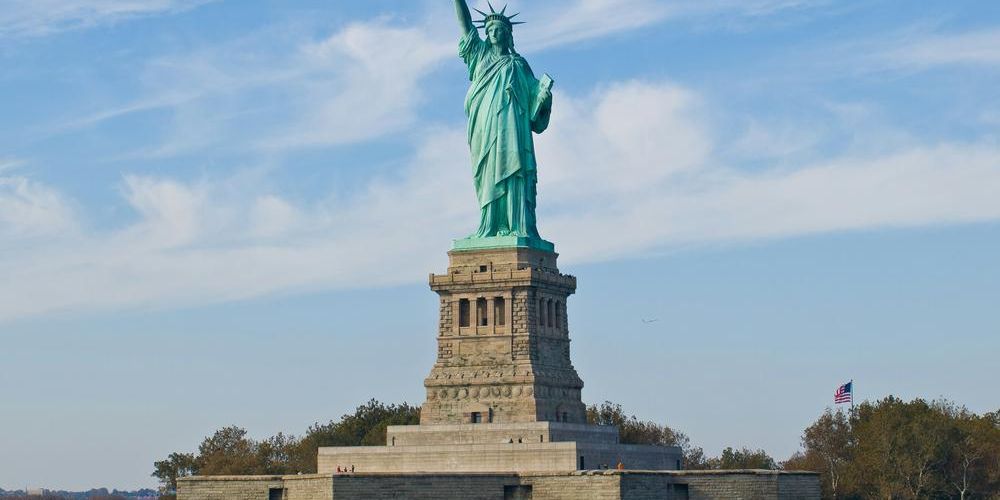The shutdown, triggered by a deadlock between the Trump White House and Congress, has forced many federal operations to halt.
The closure affects all government employees deemed non-essential, who are placed on leave without pay, while essential workers continue without pay. Among those essential workers are air traffic controllers and security checkpoint staff, critical roles for smooth travel.
However, previous shutdowns have shown that even essential workers may reduce their hours or call in sick due to the lack of pay, leading to grounded flights and long delays.
During the 2018-2019 shutdown under President Trump, hundreds of flights were cancelled as many air traffic controllers refused to work without pay.
Online forums show controllers planning to cut back on certain duties, although they have stated they will avoid organized strikes or work stoppages. Still, stress and unpaid work may force some to take sick leave, reducing safety and efficiency.
Thousands of Australians fly to the US each week on airlines such as Qantas, Delta, and United, with about seventy nonstop flights weekly. With no clear end in sight for the current shutdown, travellers could face prolonged uncertainty.
The Federal Aviation Administration has been under strain due to staff shortages, with many controllers retiring or leaving due to job stress. Only half of the controllers hired last year are expected to complete training.
The shutdown’s impact extends beyond air traffic, affecting Transportation Security Administration workers who also must work without pay during this period.
US President Trump has blamed Congress for the shutdown and expressed his desire to avoid the closure, calling this period one of the best times for the country.









